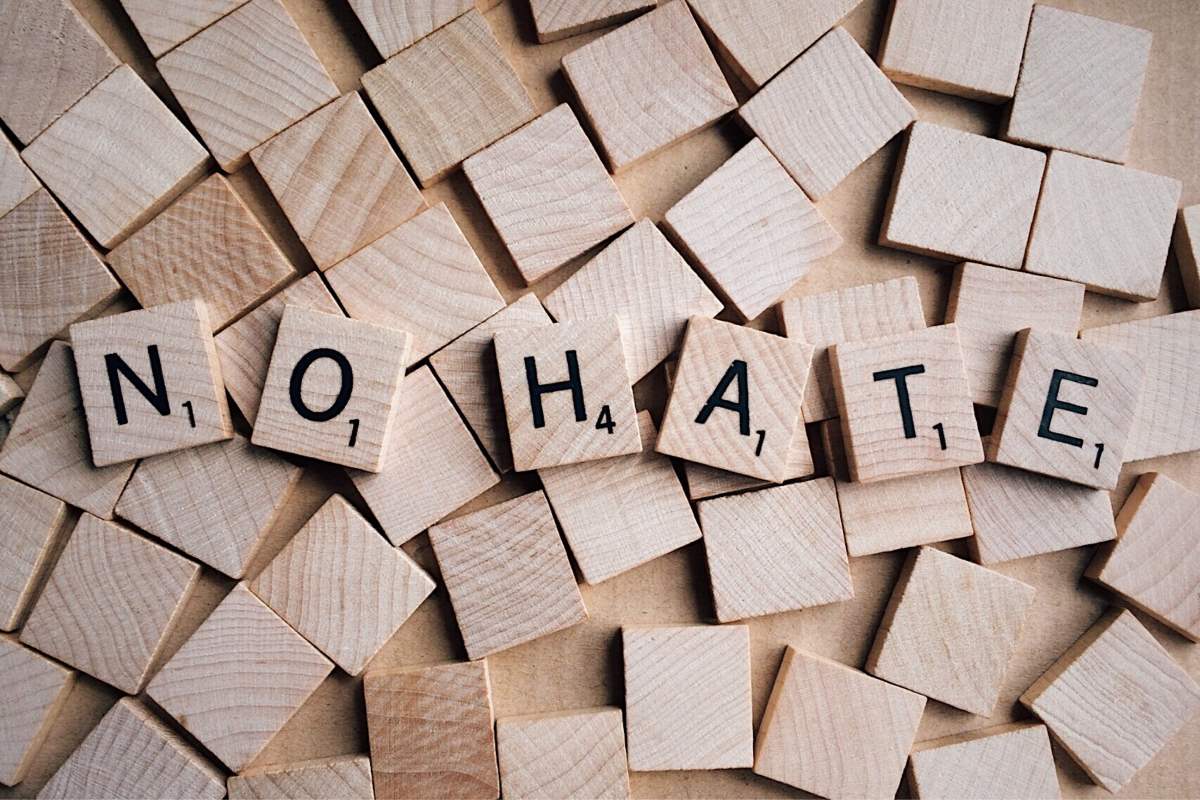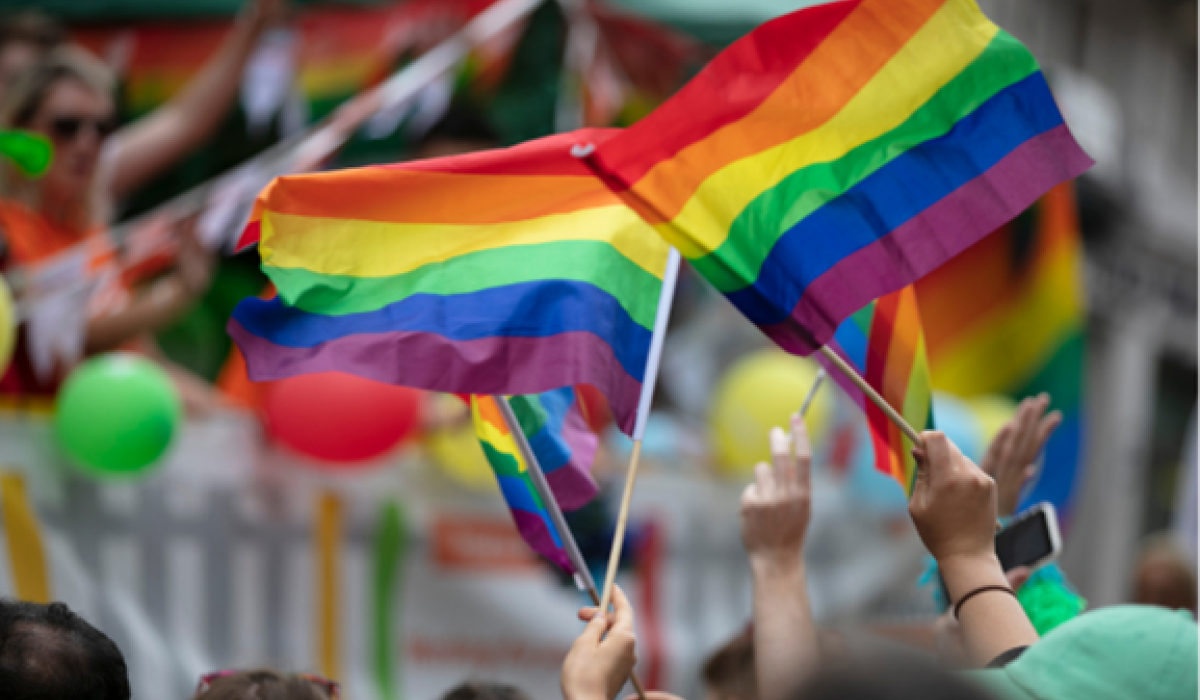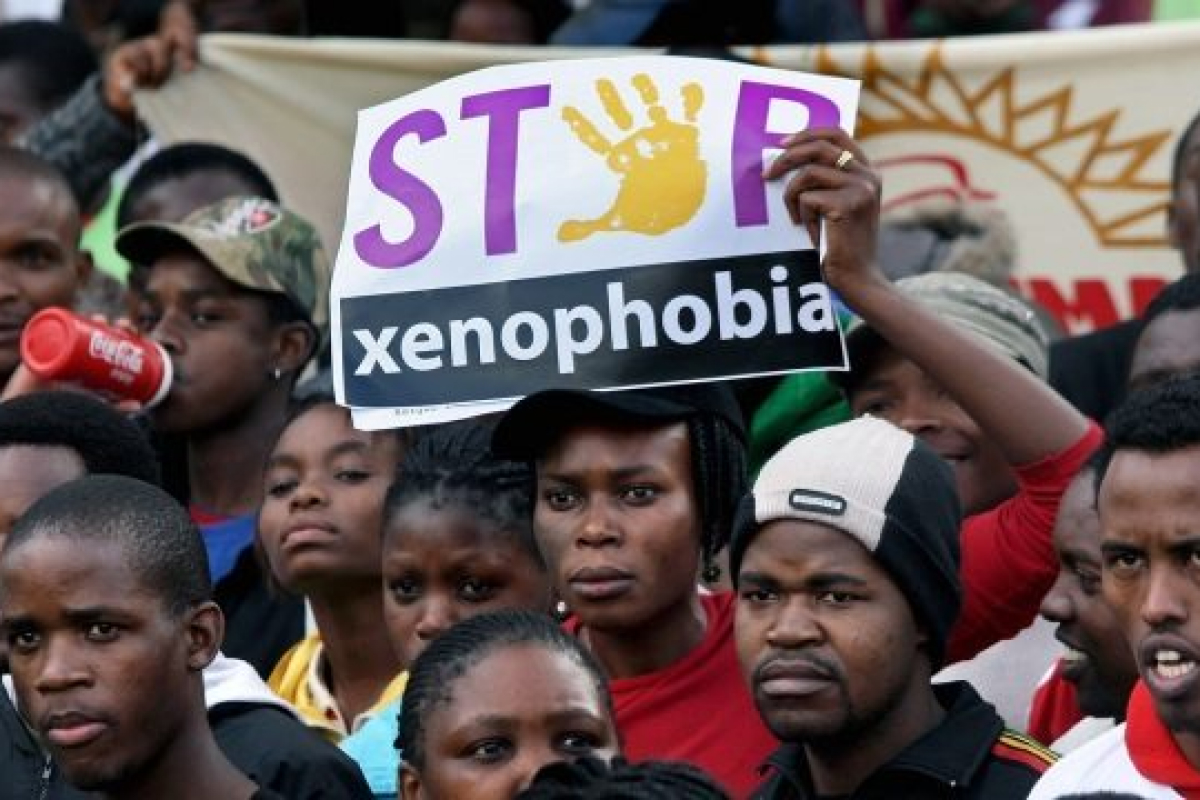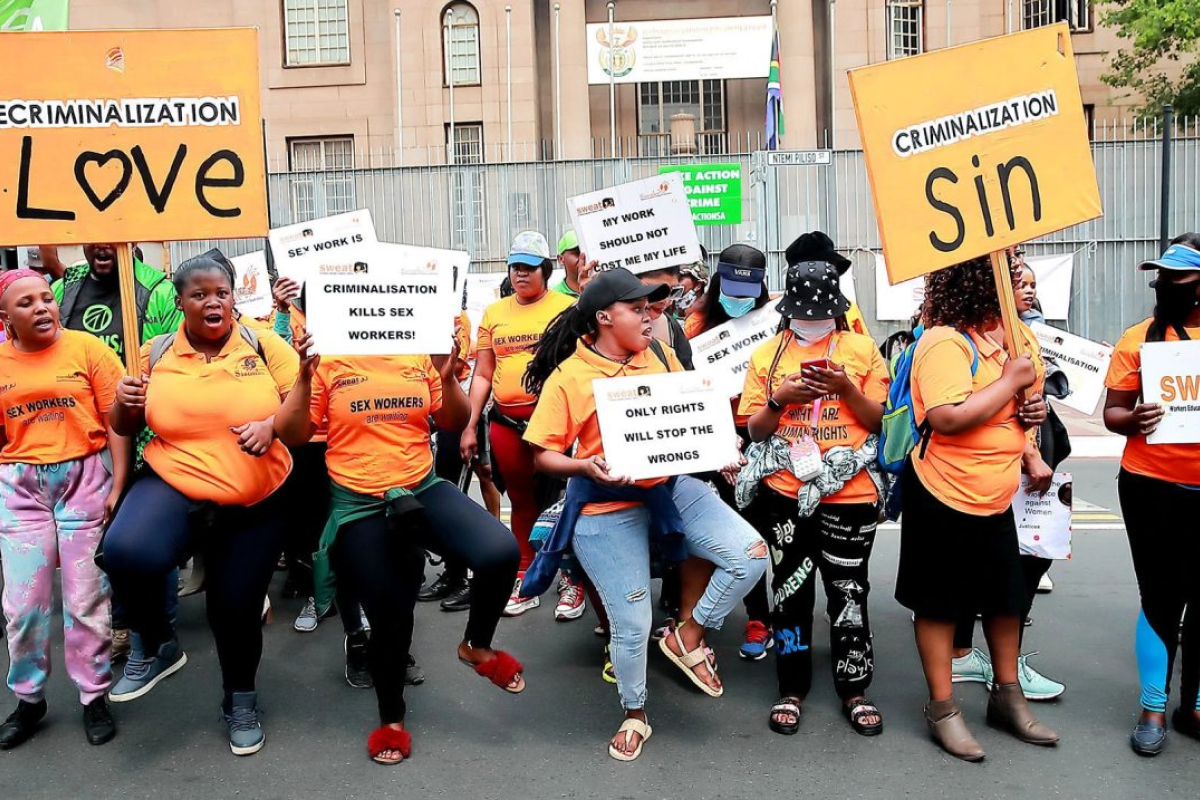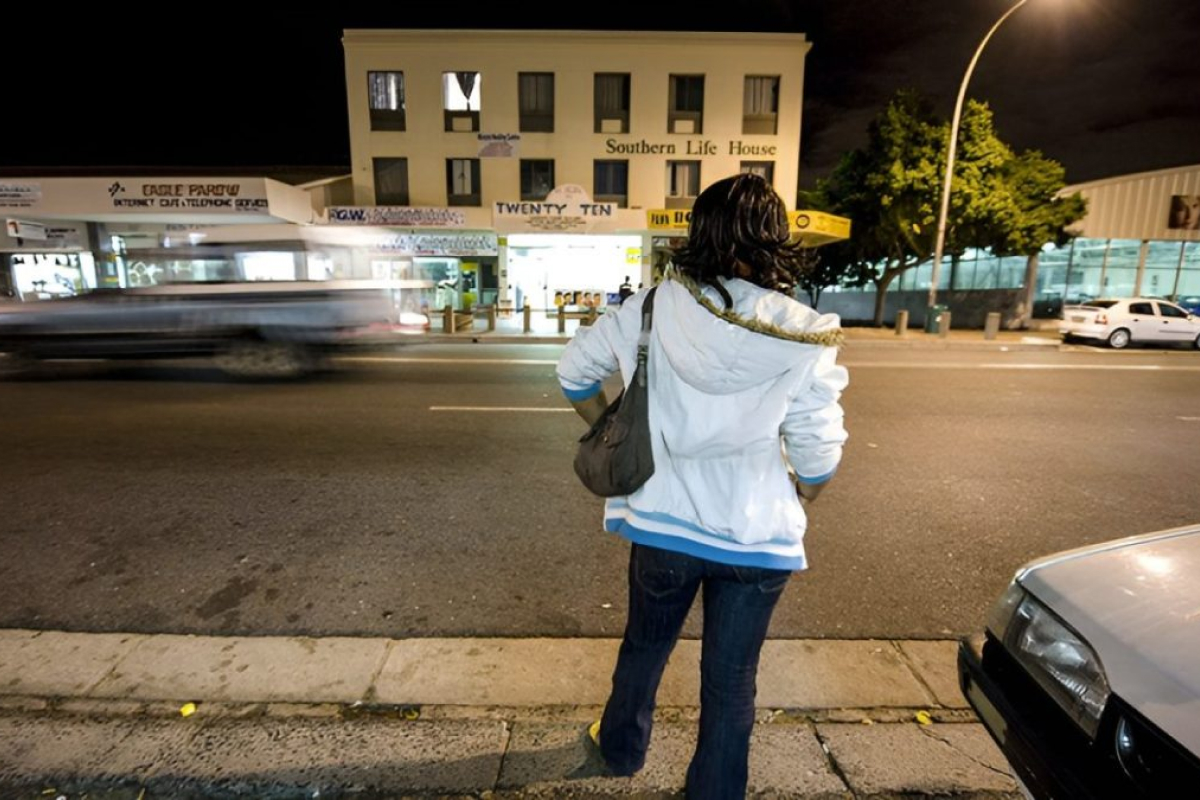I have had the frequent misfortune of overhearing conversations about the use of ‘they’ as a personal pronoun. Almost without fail it starts like this:
Buhle: I’m gender non-conforming, so my pronouns are actually ‘they’ or ‘their’, not ‘she’ or ‘her’.
Thomas: But that makes no grammatical sense because ‘they’ cannot be used in the singular.
What follows is usually a frustrating back-and-forth about the linguistic or grammatical sense of Buhle’s pronouns – a casual academic topic for Thomas perhaps, but a never ending trial for Buhle, who has just provided Thomas with some useful information and now really just wants to get on with their life without repeatedly being asked to justify their gender identity.
(The pedant in me itches to pick an argument with the fallacy that ‘they’ cannot be used as a singular pronoun, but that’s beside the point. However, if you want to learn more about the recognition of the singular ‘they’, you could type it into your search engine and read about how it was the American Dialect Society’s word of the year in 2016; or alternatively about its centuries of usage as such in the work of writers such as Chaucer, Shakespeare and Austen.)
My point is really that language is important; words have meaning, and they shape how we think, conceptualise ideas and communicate them. However, as with most things in the social and political landscape, language is nuanced and not binary. Language can be used in a way that is inclusive, but it has also historically been a tool used to devalue or exclude people. Learning to navigate this nuance remains tricky and may feel like a nuisance to some, but it is vital if we are to achieve an inclusive society that respects and promotes the rights, freedoms and safety of everyone in it.
We don’t need to look very far to find examples of language being used as a tool of oppression.
An example close to home is the way the apartheid government enforced the use of Afrikaans or English as a medium of instruction in schools for black South African learners, denying them the opportunity to learn in their own language. English-speakers, have you ever tried to formulate complex political ideas in isiXhosa? Have you tried to express the nuances of your identity in isiZulu?
There are also the ugly slurs that are not tolerated in most circles: the N-word, the K-word, ‘slut’, ‘bitch’, ‘whore’, ‘hooker’, ‘tranny’, ‘moffie’, ‘retard’, ‘the Blacks’, ‘bergies’; the list goes on, and there are recent examples of the way slurs like these have been deployed as hate speech, or used to incite violence against vulnerable groups – the xenophobic attacks against non-nationals that rocked South Africa between 2008 and 2015, and the brutal murders of David Olyn and Michael Titus, whose assailants referred to them openly as ‘moffies’.
There are many more subtle ways in which language is actively used oppressively, or just left unquestioned. Consider the different emphasis and connotations between the following terms used to describe the same thing: foreigner and non-national; sex worker and prostitute; victim and survivor; transvestite and cross-dresser; slutty and sex positive; woman and girl; gardener and garden boy.
And then there are personal pronouns. A person’s pronoun, like their gender, is usually assumed on the basis of norms that categorise how that person dresses, speaks and behaves as either feminine or masculine. However, as we’re learning, there are men, women and people who do not subscribe to the binary categories of ‘man’ or ‘woman’. Some women can be butch, some men can be femme, and somewhere on the spectrum between men and women are people who do not identify as either, and who are not accommodated by the existing binary gender identities that we have constructed to describe people.
Most people reading this will probably be able to remember a time when something about them did not ‘fit’ social expectations, and how uncomfortable that was. There are many people who live their whole lives experiencing this discomfort, and some of them have been brave enough to come out and ask us not to refer to them as ‘he’ or ‘she’.
There are times when it’s important to halt the conversation and call someone on their use of specific words (the N-word and the K-word spring immediately to mind, but there are many others that are less obvious and insidiously entrenched in daily conversations). And there is a time to abandon pedantry and go with the flow. How do we know which route to take? A rule of thumb that I have found useful is the following:
Has someone used a word, term or expression that has been used in the past to refer to a group of people (women, people of colour, people with disabilities, people with a specific sexual or gender identity) to support their oppression or exclusion, or in a way that is derogatory or hurtful? Halt the conversation and request that different language be used.
Are you refusing to adjust your language and use certain terms or pronouns because you believe it’s grammatically incorrect or burdensome? The rules of language are conventions that evolve through practice, and whatever the current grammatical rules are, they do not trump somebody else’s humanity: change your language.
Language use is a habit and it may take a short while to adjust, but if you are mindful and persistent, you will see that the change happens fairly quickly. Remember that everybody makes mistakes, but if you do, it’s best just to apologise and correct yourself. Finally, don’t expect special recognition for using the right term. It shouldn’t be necessary to award prizes simply for treating people with respect.
It is easy for some to argue that politically correct language is stifling expression, but, to paraphrase author Toni Morrison, such an argument is almost always made from a position of privilege by someone whose identity and existence have never been defined or determined by anybody else, people who haven’t suffered from systematic oppression on the basis of their skin colour or sexual orientation or gender or disability (amongst other things). If respect for one’s fellow human beings amounts to political correctness, then political correctness should be encouraged. And until such time as we are living in a dystopian Orwellian fiction novel, alarmist arguments about the ‘dangers of political correctness running riot’ are unwarranted.
Please do not mistake this for an argument against freedom of expression, a value for which I have the utmost respect. However, as recognised by the South African constitution, our right to freedom of expression ends where another’s rights to human dignity, freedom from discrimination, and safety begin.

